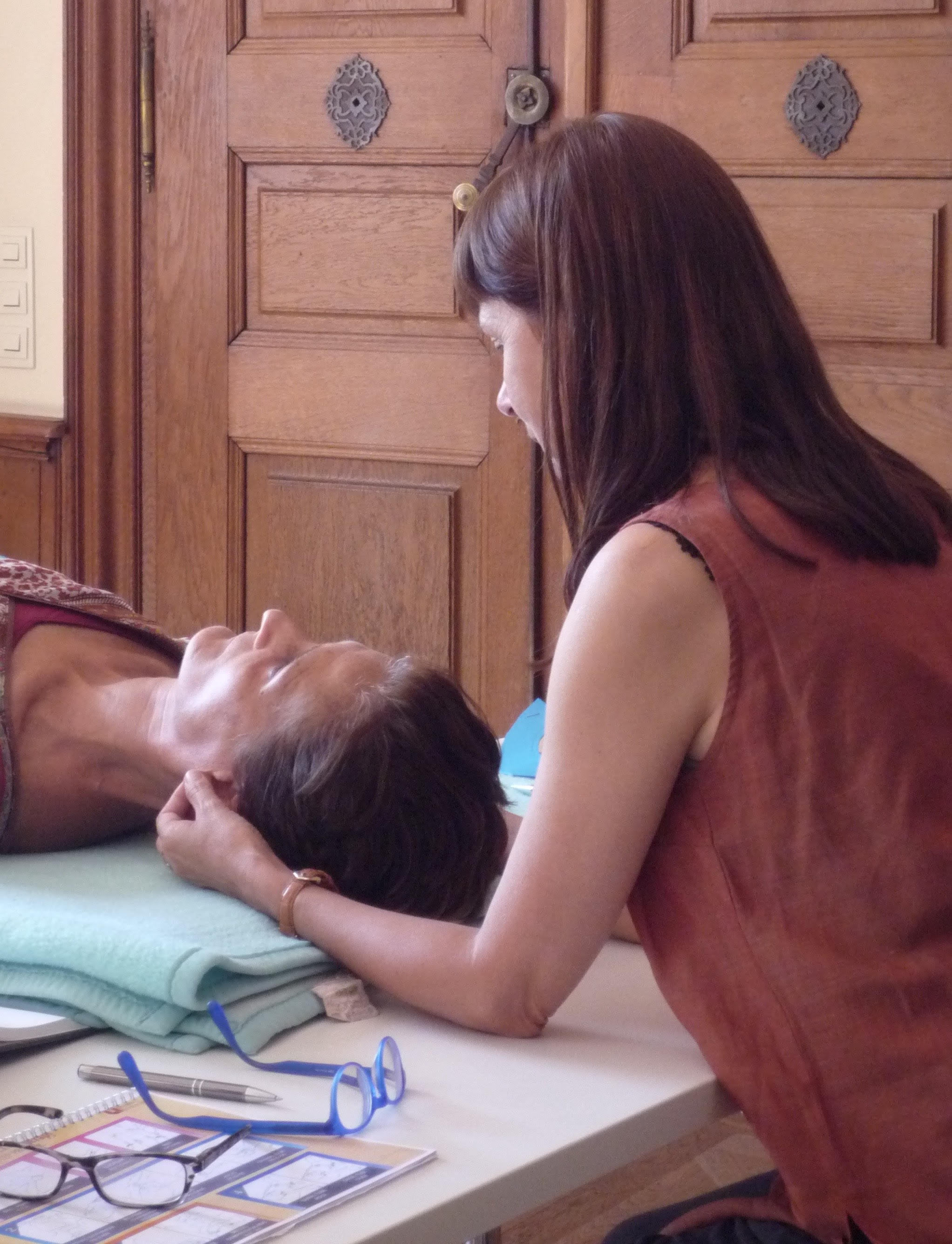Are you an Alexander Technique student or colleague?
I am passionate about The Alexander Technique but I also have an inquisitive nature which led me to explore in depth these methods which complement the Alexander Technique. I am inspired to translate relevant knowledge from CranioSacral Therapy and Reflex Inhibition Therapy to the Alexander Technique community. Through lectures, private sessions and workshops. Would you like to organize something in your country? Please contact me to discuss possibilities and details. If it is not possible for you to attend one of my workshops or lectures. we can address these subjects in a series of private sessions.
Travel dates
This is my agenda for the upcoming months:
- Dusseldorf Germany October 9th, 10th 11th 2020 private sessions
- Dorsten, Duitsland to be rescheduled because of the Corona outbreak.
- Vienna, Austria, October 2020 dates pending
Contact
CranioSacral Therapy
Since my first lecture on this subject at the Alexander Technique Congress in Lugano 2008, my work has been shared and appreciated. I have been invited by Alexander Technique colleagues to the States, Switzerland, Belgium, Ireland, Germany, Spain, Norway and Austria to work with them and their pupils.
If you suspect you have a CranioSacral problem, we can explore this together in a private session. I am based in Amsterdam but I am available to travel for private sessions and for workshops and lectures on this subject.
Primary Reflexes
How do these reflexes work? Do they support or undermine the adult postural reflexes and stress coping skills? How do they influence a person’s ability to apply the Alexander Technique? How do you recognize problems with these early reflexes in yourself and in your pupils? These questions are answered during private sessions, lectures and workshops.
I wrote an article on this subject for the Dutch Society of Teachers of the Alexander Technique. I can send it to you upon request.

